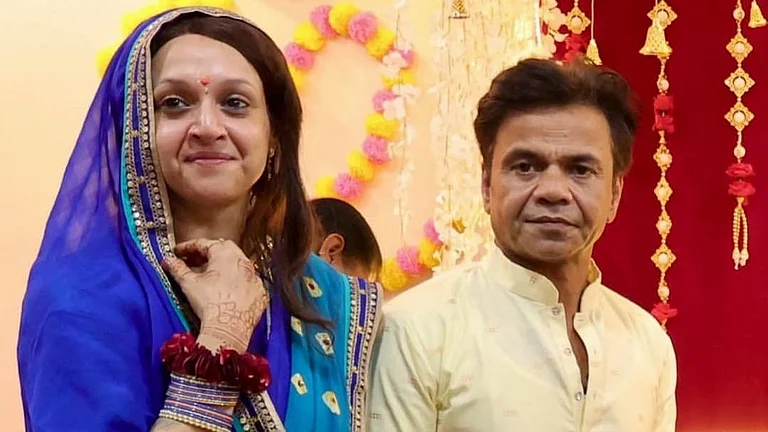The 'Shape of Water' director Guillermo del Toro takes a very dim view of anybody slandering the legendary Hollywood filmmaker, Martin Scorsese.
The Oscar winning filmmaker took to social media to defend Scorsese against an "offensive, cruel and ill-intentioned" essay published by The Critic that slammed Scorsese as an "uneven talent" whose "self-indulgence has "debased his talent," reports Variety.
"I very, very seldom post anything contradictory here," del Toro posted, "but the amount of misconceptions, sloppy inaccuracies and hostile adjectives not backed by an actual rationale is offensive, cruel and ill-intentioned. This article baited them into traffic, but at what cost?"
"To be clear: If God offered to shorten my life to lengthen Scorsese's, I'd take the deal," he continued in his post. "This man understands Cinema. Defends Cinema. Embodies Cinema. He has always fought for the art of it and against the industry of it. He has never been tamed and has a firm place in history."
The essay in question, criticised 'The Wolf of Wall Street' for being "achingly slow" and called 'Raging Bull', "across-the-board bad filmmaking," two claims del Toro outrightly rejected. The filmmaker wrote that "film language discussions, history lessons and research may be needed" for anyone who thinks such things.
"When I read pieces like this one. Aimed at one of the most benign forces and one of the wisest, I do feel the tremors of an impending culture collapse - and I do wonder: 'To what end?' and find myself at a loss," del Toro concluded.
Del Toro has long been an outspoken champion of Scorsese. During the festival rollout of 'The Irishman' in 2019, del Toro posted a lengthy Twitter thread in which he praised the film as a masterpiece for how it "transmogrified all the gangster myths into regret."


























